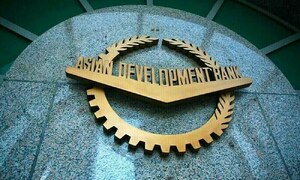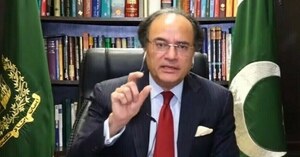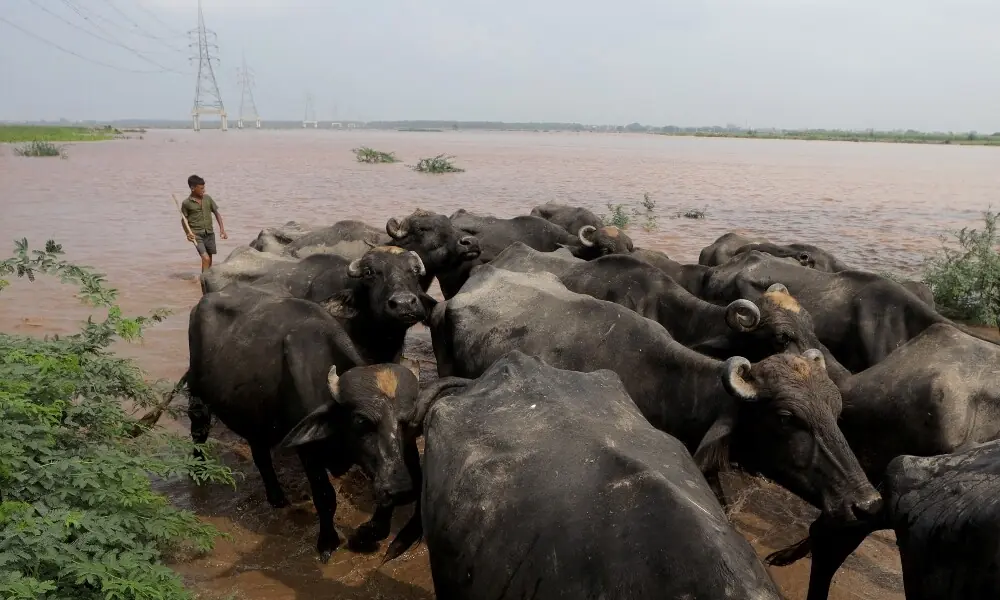It was in the seventies that I was witness to debates between the British politician and American economist Milton Freedman. The American economist was trying to convince the British politicians about the monetary system in economics rather than the work of Keynes. The problem with the American was that he was sitting on a decadent society in the US for it had come to be seen as a society where the ethical system had broken down.
Keynes had taken his political skills from British political philosopher Edmund Burke who did write on the political ethical system as far back as 1905. Keynes was working at the time on the ethical basis for economics and was seriously and severely influenced by the work of Edmund Burke. Burke was the same political philosopher that took Warren Hastings to the House of Commons to be prosecuted for corruption.
That Warren Hastings escaped punishment was held later on as a parochial decision. The expected goals were to be based on a system of evaluation that worked the ethical system in place. Actions taken in the twilight zone had to be such as to confirm the integrity of the individual taking that decision. Burke held that the current benefits were to be set aside for future hazy benefits and that the current was never to be preferred if that was in the zone that could not be held to the high level of honesty.
He went so far as to say that the chance of getting an eventual reputation for honesty was better than a current benefit that was based on financial resources. Burke had criticised the King for trying to set up a selection process that was based on corruption and patronage. Is that happening now? It is. Keynes on the other hand was of the opinion that economics was part of politics.
Governance was not something that could be achieved in isolation for the goodness was to be facilitated. The presumption that went into it was that if the community was happy then the fairer social arrangements will enable the inhabitants to play their role. The state of mind has to be evenly matched and it can be possible to cultivate the mind to that level of thinking.
The object of politics is social contentment. Keynes indicated this in a number of different ways and was called by certain names like physical calm, material comfort and intellectual freedom. Public events caused a different kind of personal events. The political goods were such that Burke was placed into the very great.
The interventions were designed to be so developed as to create happiness of the governed. So there were important aspects that were to be different, but that were to mean a set of different interventions to allow the system to work differently and nothing was taken to subvert this. So the political element was to be determined in terms of humanity, reason and justice that would make or break a system.
That enabled Keynes to talk of Burke differently from the likes of Freedman. Societies were tolerant and could take the severity of social events, for quite sometime before the response turned sour. Most of the propositions of Keynes had an element of tolerance. In terms of political and social events, the truth of events was preferred to the falsehood that could be easily preferred.
Falsehood was never an option, for Keynes and by that very option the establishment of truth over the other was encouraged and made to go into public service. Rocking the boat for honesty was not something that was looked down upon, but that was desirable even if it meant that the system could lead to a considerable amount of inconvenience. Truth telling was, therefore, an essential element in Keynes' philosophy. His work on the economic consequences of the treaty of Versailles was something that had to be written by the likes of him for that placed him in a different comity of people in the formation of nationhood.
Keynes was so mesmerised by truth, by seeking to consider two aspects of the policy that he would follow. He felt that morals were not to be disturbed. The current social system was such that this was easily said than done. People were involved with the revolutionary ideas of recreating a society and that was to be their greatest effort. Political standards were to be created so as to develop and portray the concept of those values that were forever projected by the social elements in a society.
Burke, therefore, pushed Keynes to different heights and different levels of thinking. The bureaucracy was next in consideration for the system to take a different kind of meaning. Redistribution of wealth was necessary if the rich were to be made to play their part in society. Those were the days when debates between economists were so involved as to allow that kind of debate amongst the practitioners.
The high ground that philosophy was to create at that time indicates the level of thinking that was available to the public in general. This has been lost in the modern sense and the fast pace of life is partly to blame. Deliberation has its importance and anyone who has read Burke understands what I mean when I talk about him in conjunction with the likes of Milton Freedman and Keynes. Political economics came later, for during the times of Adam Smith and others, it was moral jurisprudence that was at stake. What a difference a change in nomenclature was to make.
Where does all this lead to? The banks are once again in turmoil for one aspect of intention that has not been understood is to do with the moral imperatives. Either the international donors think that the Third World is incapable of comprehension and, therefore, can be led astray or that they are unable to comprehend what is going on or, therefore, to kick the dust in their eyes is a better course.
It is time to rethink the development and the aid policies, if only one were to make them work better. One has only to see the powers of ill-intention that permeate this world to understand that neither Freedman nor Keynes is really relevant. The world has moved on and if the developed world is going to be in the realm of greed, then the entire world will seek a different course of action and since they will be in the majority, they will do as they choose to do.
The course is simple in as much as the effort has to be prudent and sincere and this alone will lead to a better actionable programme. The alternate is also available but that is fraught with danger. The likes of Iraq and Afghanistan are nothing as compared to what will happen in the future. So beware. The nations stand warned. Pakistan has suffered the consequences of these policy initiatives and lost out to other countries not very receptive to them.
Time has come to take stock of the issues once again and work the system better. Pakistan must be self reliant and then work at what is its own best pace. That ought to work. There will be failures, but that is what life is all about. They alternate-success and failures. Good luck with your failures. It is better to suffer for your own actions rather than for some other's actions.
BR100
15,085
Increased By
112.5 (0.75%)
BR30
44,012
Increased By
987.7 (2.3%)
KSE100
148,618
Increased By
1274.3 (0.86%)
KSE30
45,248
Increased By
370.7 (0.83%)





















Comments
Comments are closed.